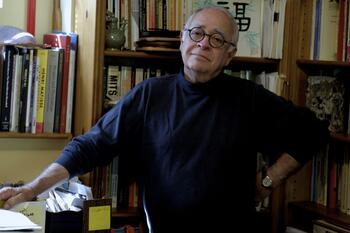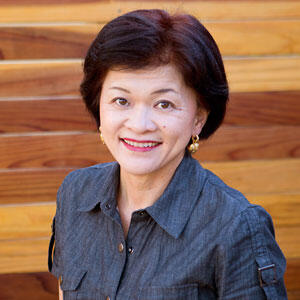Gender inequality in the workplace is still a reality and an issue that must be tackled head-on in Silicon Valley and Japan. In 2017, the World Economic Forum reported for the first time in 10 years, a widening of the global gender gap. Numerous efforts to break this cycle have been announced and implemented to varying degrees of success in both countries making it clear that we must do more, together.
While women in the United States comprise 59% of the total workforce, they only make up 30% of major technology companies and only 11% of the executive positions in Silicon Valley are held by women. An industry that prides itself on innovative thinking and breakthroughs that can fundamentally improve quality of life has yet to find its way to disrupt gender inequality in its ranks. In recent years, Silicon Valley has been rocked by a number of high-profile sexual discrimination and harassment cases. In 2016, women tech leaders created the “Elephant in the Valley” survey to gather data on women’s experiences. The result was a bleak picture of Silicon Valley’s pervasive gender discrimination atmosphere but also the creation of a platform for women to share stories and build networks of support and activism based on shared experience.
As Japan faces a shrinking and aging population, it must pursue productivity growth to remain a wealthy nation. Women, long underutilized in Japan’s workforce, are receiving renewed attention with the Abe administration’s slogan of Womenomics as part of his Abenomics economic reform package. This political pledge has yielded some momentum with a number of concrete policy measures. Prime Minister Abe has even gone so far as to say “Abenomics is Womenomics.” There is still progress to be made. The Acceleration Program in Tokyo for Women (APT), spearheaded by Governor Yuriko Koike, the first female governor of Tokyo, aims to counter this narrative by providing opportunities for women entrepreneurs to build networks, receive mentoring, and become a focal point for dynamism.
The Break Through conference aims to create a dialogue that will spark innovative ideas for narrowing the gender gap by bringing together women thought leaders and entrepreneurs from Stanford, Silicon Valley and Japan to cultivate interpersonal support networks and collaboration.
This conference will:
- Provide tools for branding and building support networks
- Discuss progress and challenges in women’s advancement in Silicon Valley and Japan
- Share practices and organizational features that better enable the hiring and retaining of women
- Showcase Silicon Valley and Japanese women entrepreneurs
This conference is organized by Stanford University's Shorenstein Asia-Pacific Research Center (S-APARC) Japan Program thanks to the generous support of the Acceleration Program in Tokyo for Women (APT), Tokyo Metropolitan Government.
Agenda
9:30-10:00 Registration
10:00-10:05 Opening & Welcome Remarks
10:05-10:35 Women Entrepreneurs in the United States
- Judy Gilbert, Chief People Officer, Zymergen
10:35-11:00 Womenomics in Japan
- Yuko Osaki, Gender Equality Bureau, Cabinet Office, Japanese Government
11:00-11:30 Fireside Chat 1
- Yoky Matsuoka, Chief Technology Officer, Nest
with Frances Colón, CEO, Jasperi Consulting
11:30-12:00 Fireside Chat 2
- Claire Chino, President & CEO, Itochu International Inc.
with Haruko Sasamoto, Assistant Manager Silicon Valley Branch, Mitsubishi Corporation (Americas)
12:00-13:00 Lunch
13:00-14:00 Start-up Showcase Group 1 (5 Japanese Startups)
14:00-14:15 Break
14:15-15:15 Start-up Showcase Group 2 (5 Silicon Valley Startups)
Feedback for both showcases given by:
- Allison Baum, Co-founder and Managing Partner, Fresco Capital
- Atsuko Jenks, Managing Direction-Japan, GSV Labs
- Jaclyn Selby, Research Scholar, Stanford University
15:15-16:15 Workshop: Leveraging Your Personal Brand to Effectively Lead
How others—from team members to board members—perceive you directly affects your ability to effectively lead and get results. For this reason, and especially for women entrepreneurs, it is crucial to understand your personal brand and carefully manage it. In this hands-on workshop, we will use Design Thinking as a framework to help you identify your strengths, skills and unique differentiators and how to effectively communicate these in your work environment.
Workshop Facilitator:
- Sylvia Vaquer, Co-founder and Chief Creative Officer, SocioFabrica
16:15 Closing Remarks





